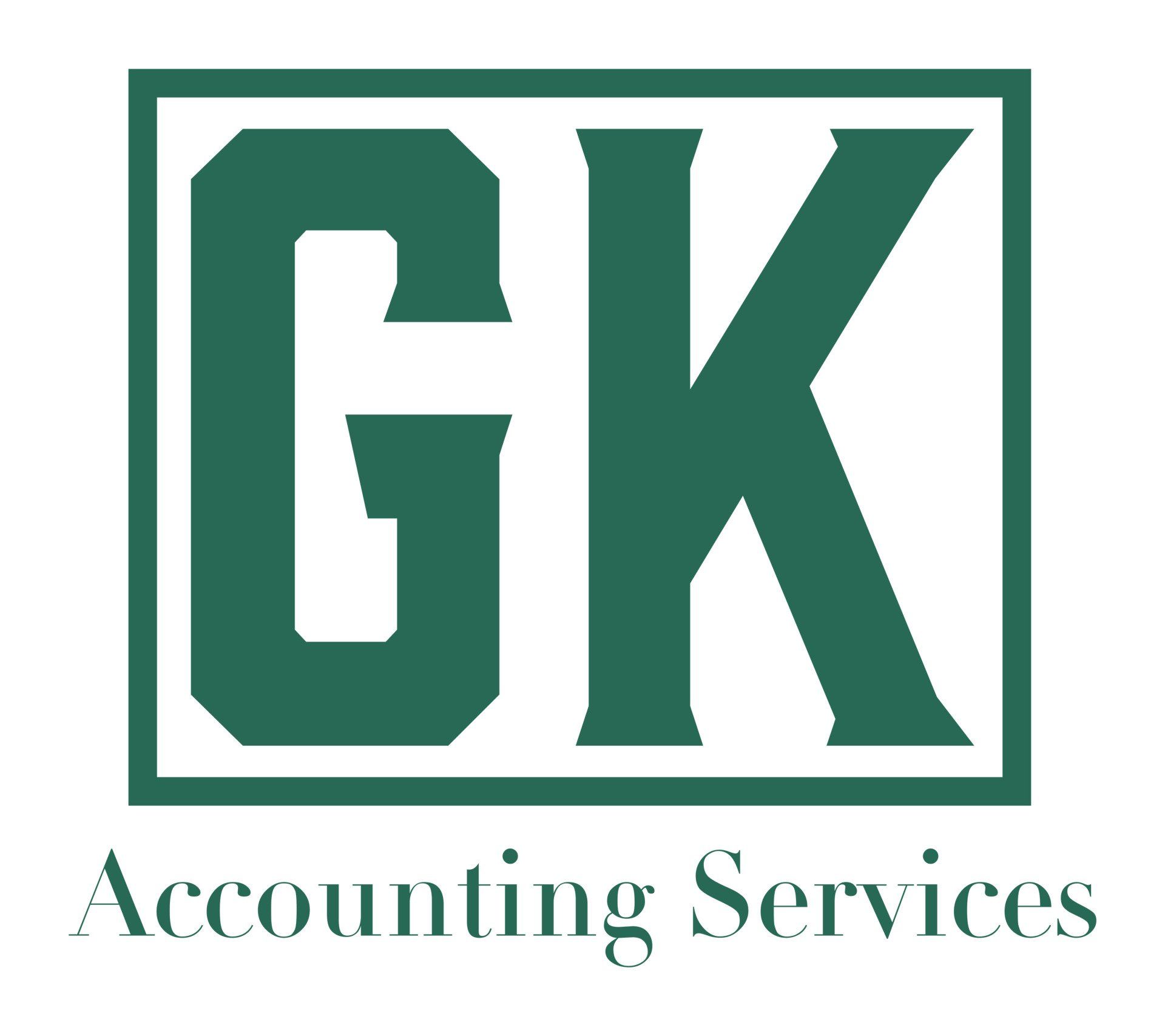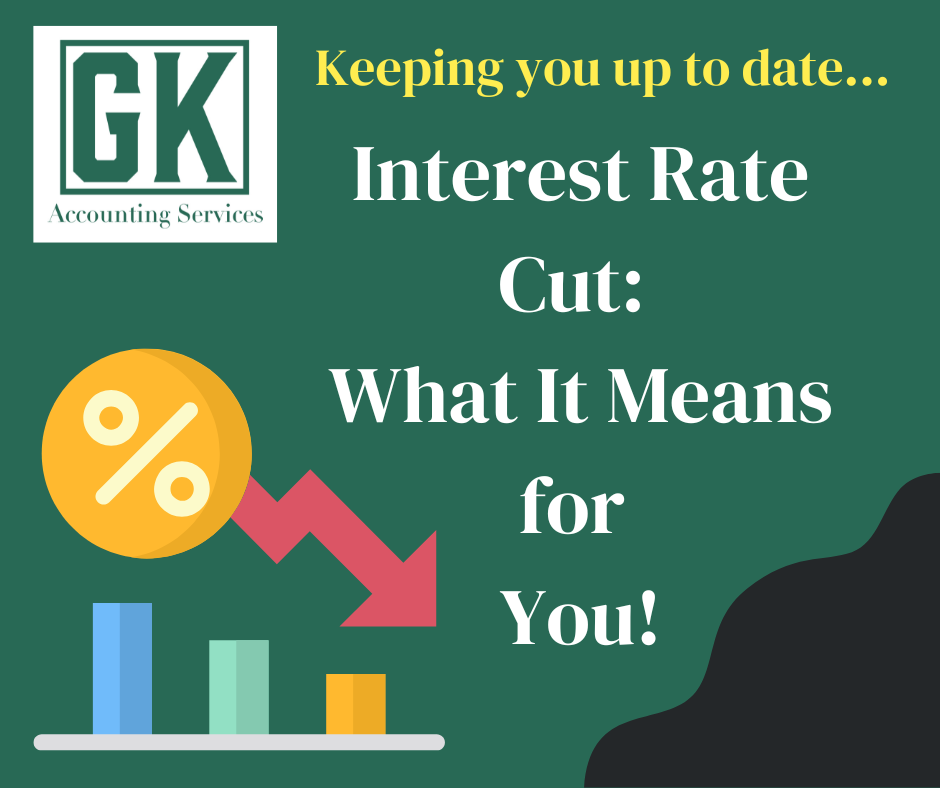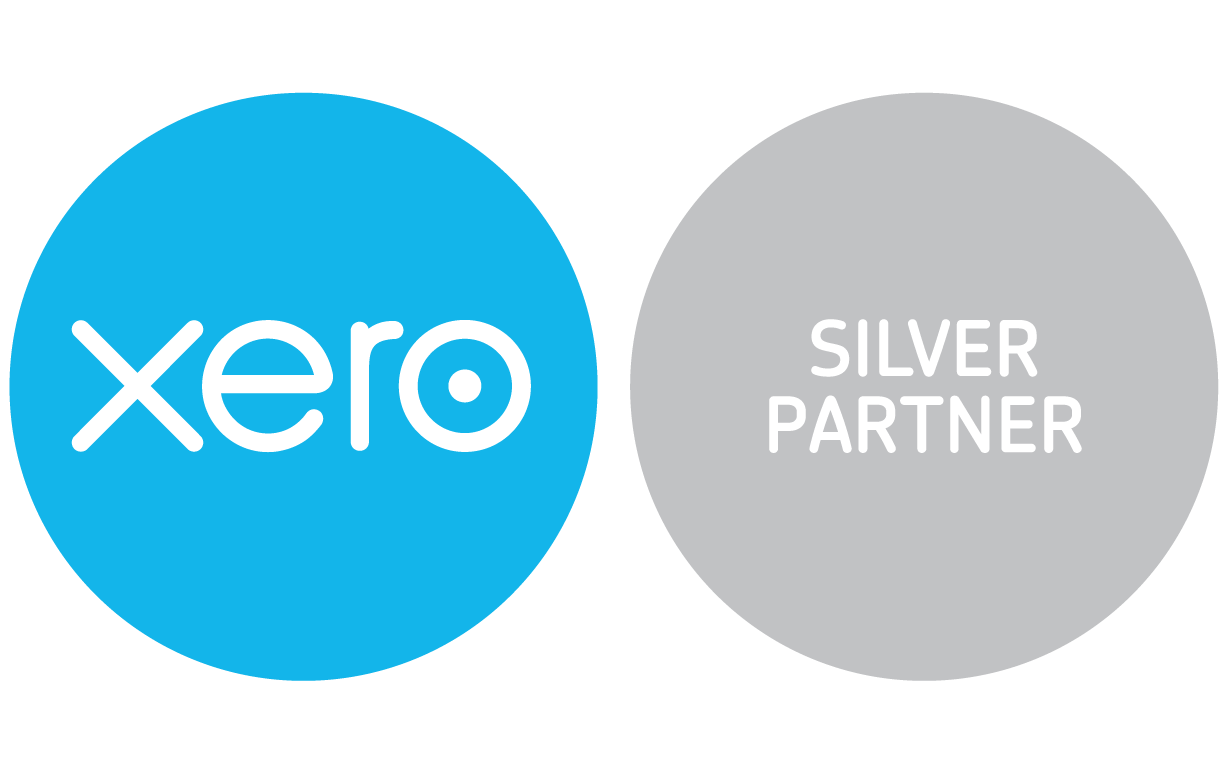Compare Motor Expenses Vs. Mileage Allowance And See Which One Applies To You.
From our experience, mileage allowance and motor expenses are often the two things that cause confusion for our clients. Seemingly both refer to travelling costs; however, they can make a big difference in tax rebate while claimed. Therefore, we will explain the most significant attributes of each one, so you can make well-informed choices.
Mileage Allowance relief applies when you use your own vehicle for conducting business, regardless if you are a sole trader, an employee or a director. You can claim tax back at the approved mileage rate. While claiming the mileage allowance, you cannot claim separately for things like MOT, road tax or fuel. The mileage allowance is purely based on the miles the vehicle was used while travelling for work. A proportion of the approved mileage rate is designed to help cover the costs of running your vehicle.
Please note that travel to and from your work does not count towards mileage allowance unless it is a temporary arrangement.
According to HMRC, the approved mileage rates are as follows:
· First 10,000 business miles in a tax year
o Cars and Vans – 45p
o Motorcycles – 25p
o Bicycles – 20p
· Each business mile after 10,000 in a tax year
o Cars and Vans – 25p
o Motorcycles – 24p
o Bicycles – 20p
Below is an example of calculating mileage reimbursement at the approved rate.
Let’s say you have made a journey in your personal car for a business meeting. Your starting point was Swansea destination London. The journey is 187.5 miles one way (375 miles there and back). Therefore, 375 miles x 45p = £168.75. This means that you are entitled to £168.75 to cover your travelling costs for that journey.
Even though the mileage rate is approved by HMRC, it doesn’t mean that the employer must compensate the whole 45p. It is left to their discretion to decide on the amount they will pay. However, as an employee, you can claim the difference between the amount set by the employer and the 45p rate set by HMRC.
On the other hand, when we refer to motor expenses, we refer to any expenses associated with running a company vehicle - the business-owned vehicle. In that case, the motor expenses are classed as allowable expenses; therefore, the employer, sole trader or director will get tax relief on the costs incurred by running a company vehicle. The motoring costs may include:
- fuel/oil
- insurance
- vehicle tax
- repairs/servicing
- parts
- roadside assistance
- MOT
To summarise, if you are using a company vehicle to travel for business, you cannot claim the approved mileage rate, as this only applies to personal vehicles. For the company-owned vehicle, you should refer to motor expenses where you can make a claim on business expenses listed above.
If you would like more advice regarding the mileage allowance or motor expenses, please contact us at info@gkaccountingservices.com or call us on 07861136704, where we will be more than happy to answer any of your questions.





